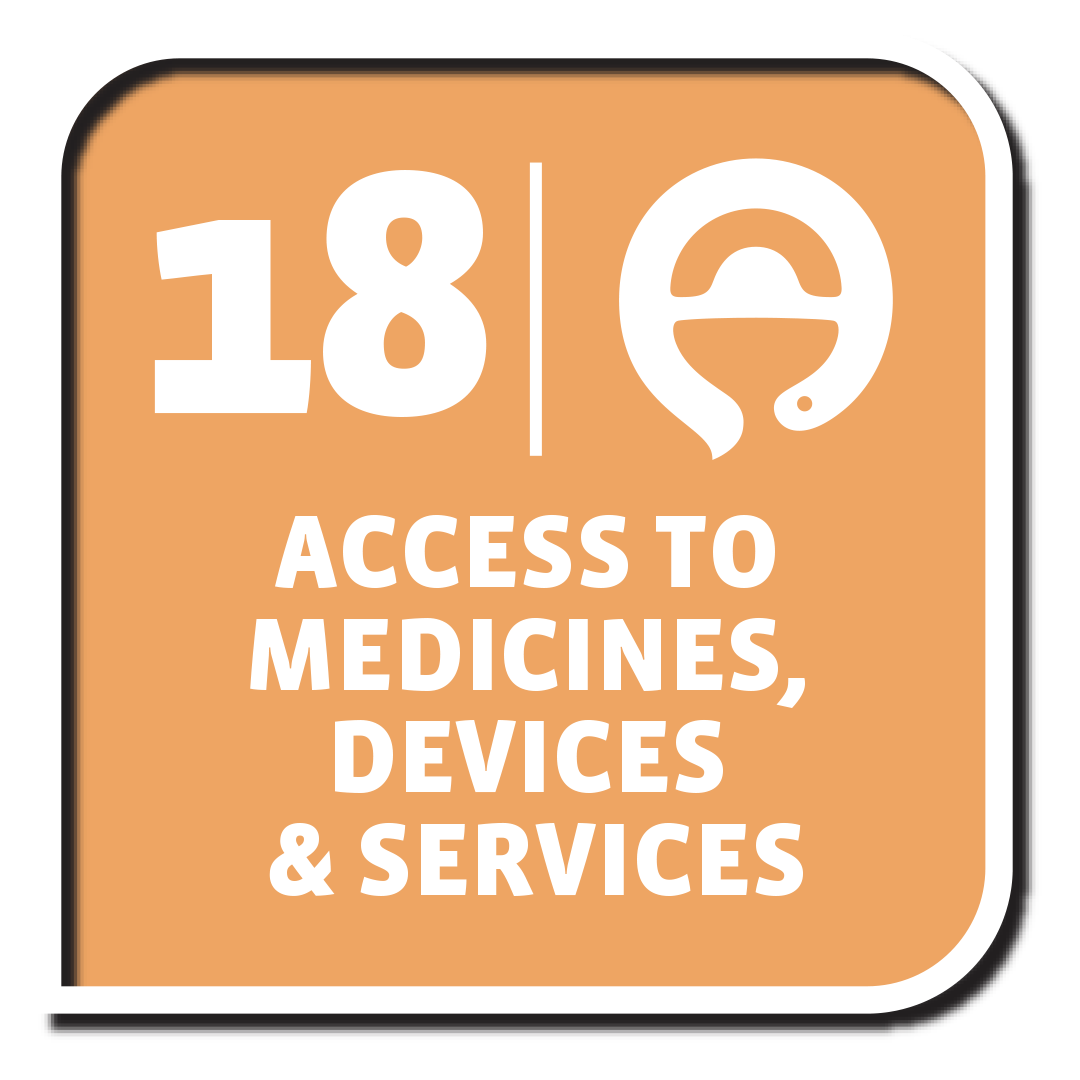PSWE-08 - Adapting military practices to strengthen civilian response and population health
Tracks
Auditorium 11
| Wednesday, September 3, 2025 |
| 14:00 - 15:30 |
| Auditorium 11 |
Details
Organised by the FIP Military and Emergency Pharmacy Section
Chair(s)
Ms. Jane Dawson, New Zealand Defence Forces & Ms Petra Straight, Save the Children, UK
Introduction:
Uniformed and emergency pharmacists have a critical role in providing aid during crises, whether in conflict, peace operations, or disaster situations. Their responsibilities include offering recommendations to governments, supply chains, and pharmacy organisations to ensure preparedness for emergencies, including natural disasters, pandemics, wars, or civil unrest. The FIP policy statement on the role of pharmacists in disaster and emergency management provides from 2023 a clear and comprehensive articulation of the critical role pharmacists play in disaster and emergency management. It highlights their responsibility in ensuring access to essential medicines and medical supplies, enhancing community resilience, and supporting public health efforts. By collaborating with government authorities, healthcare providers, and emergency agencies, pharmacists contribute to the development and implementation of disaster response plans. The statement underscores their participation in interdisciplinary training, drills, and public education, emphasising their integral role in planning, preparedness, response, and recovery phases of emergencies. Pharmacists contribute to crisis management by ensuring the availability of essential medications, supporting healthcare systems, and advising on strategies for effective pharmaceutical care during emergencies. The session will showcase enhanced responses to disasters and pandemics and will highlight innovative strategies and best practices that have improved emergency preparedness and response efforts. The session will include real-world examples of pharmacists' contributions during crises, such as managing medicine supply chains, providing vaccinations, offering mental health support, and educating communities. These examples will demonstrate the pivotal role pharmacists play in mitigating the impact of disasters and during humanitarian response while promoting public health and resilience.
Programme:
Learning objectives:
1. To describe the role of uniformed health professionals in public health and how this enhances preparedness for future crises.
2. To understand the principles of well-balanced nutrition in the planning of military rations for military personnel.
3. To gain insights into strategies for conducting comprehensive evaluations of first aid pharmaceuticals, development of an index system, and scoring methods.
Take home messages:
The principles and practices of military and emergency pharmacy are highly applicable to civilian pharmacists, especially in crisis situations. Military and emergency pharmacists are trained to manage pharmaceutical care during disasters, conflicts, and pandemics, ensuring the availability of essential medications, advising on effective treatment strategies, and maintaining healthcare system resilience. Civilian pharmacists can apply these lessons in preparedness, stockpiling, medication distribution, and patient care to improve response efforts during emergencies, enhancing their ability to serve the community and support public health during crises. Additionally, understanding the principles of well-balanced nutrition in military ration planning—where military pharmacists and nutrition experts ensure the nutritional adequacy of food supplies for personnel—can inform civilian efforts to support proper nutrition in their patient populations.
FIP Development Goals:


 To learn more about these FIP Development Goals, click on the links below.
FIP Development Goal 5: Competency Development
FIP Development Goal 8: Working with Others
FIP Development Goal 18: Access to Medicines, Devices & Services
To learn more about these FIP Development Goals, click on the links below.
FIP Development Goal 5: Competency Development
FIP Development Goal 8: Working with Others
FIP Development Goal 18: Access to Medicines, Devices & Services
| 14:00 – 14:05 | Introduction by the chairs | |
| 14:05 – 14:25 | In officio salutis: in the service of health on land, air, and sea for humanity | |
| CDR Jerry Zee, USPHS, Administration for Children and Families, USA | ||
| 14:25 – 14:45 | Designing military rations based on principles of balanced nutrition | |
| Dr. Uroš Čakar, University of Belgrade, Serbia | ||
| 14:45 – 15:05 | Strategies and challenges in valuing first-aid pharmaceuticals | |
| Ms. Lixin Shu, Naval Medical University, China | ||
| 15:05 – 15:25 | Panel questions and answers | |
| Dr Nicolas Widmer, University of Geneva, Switzerland | ||
| 15:25 – 15:30 | Closing remarks |
Speakers
Dr Uroš Čakar
University of Belgrade
Designing military rations based on principles of balanced nutrition
Ms Lixin Shu
Naval Medical University
strategies and challenges in valuing first-aid pharmaceuticals
CDR Jerry Zee
In officio salutis: in the service of health on land, air, and sea for humanity
